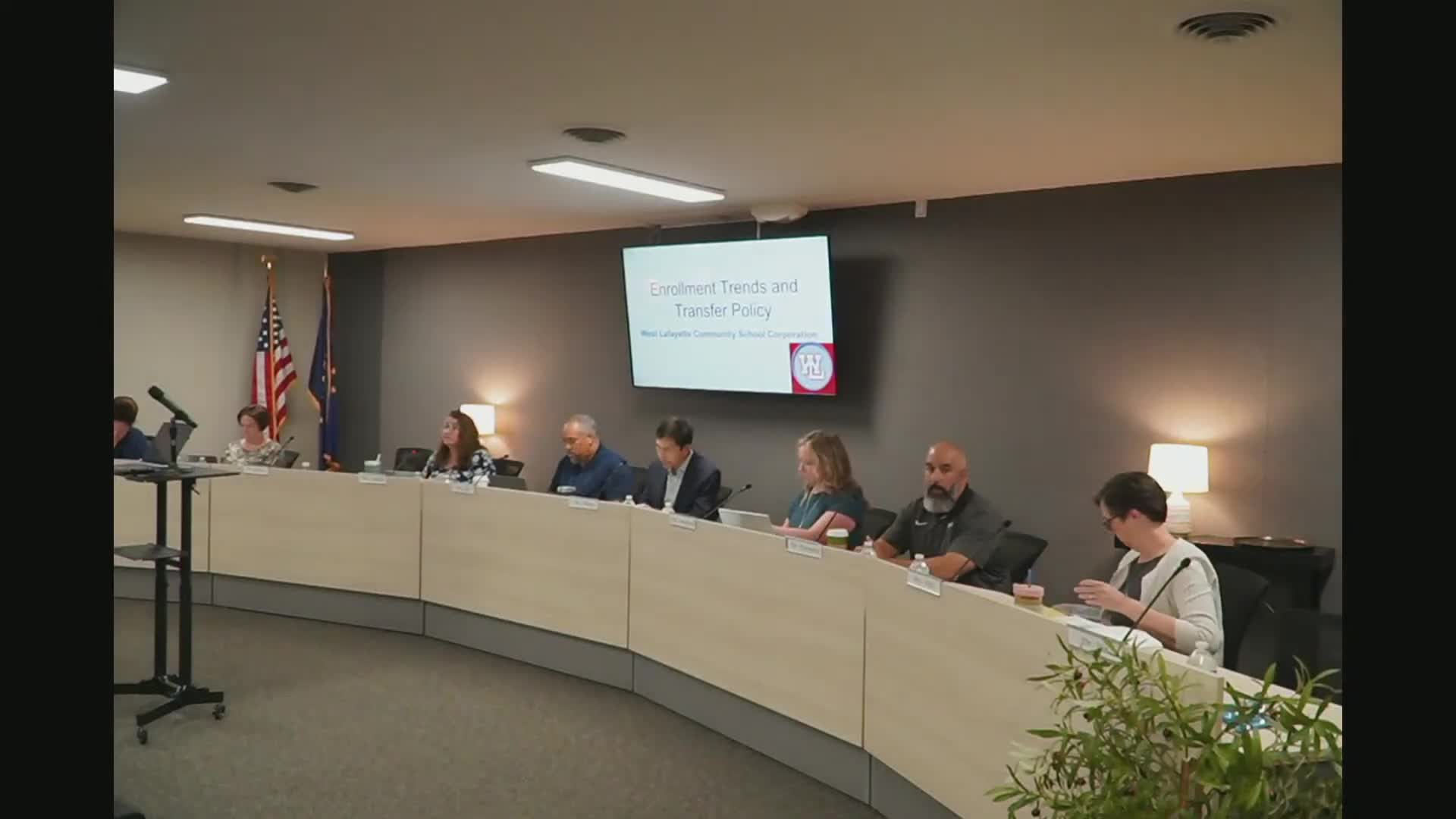Article not found
This article is no longer available. But don't worry—we've gathered other articles that discuss the same topic.
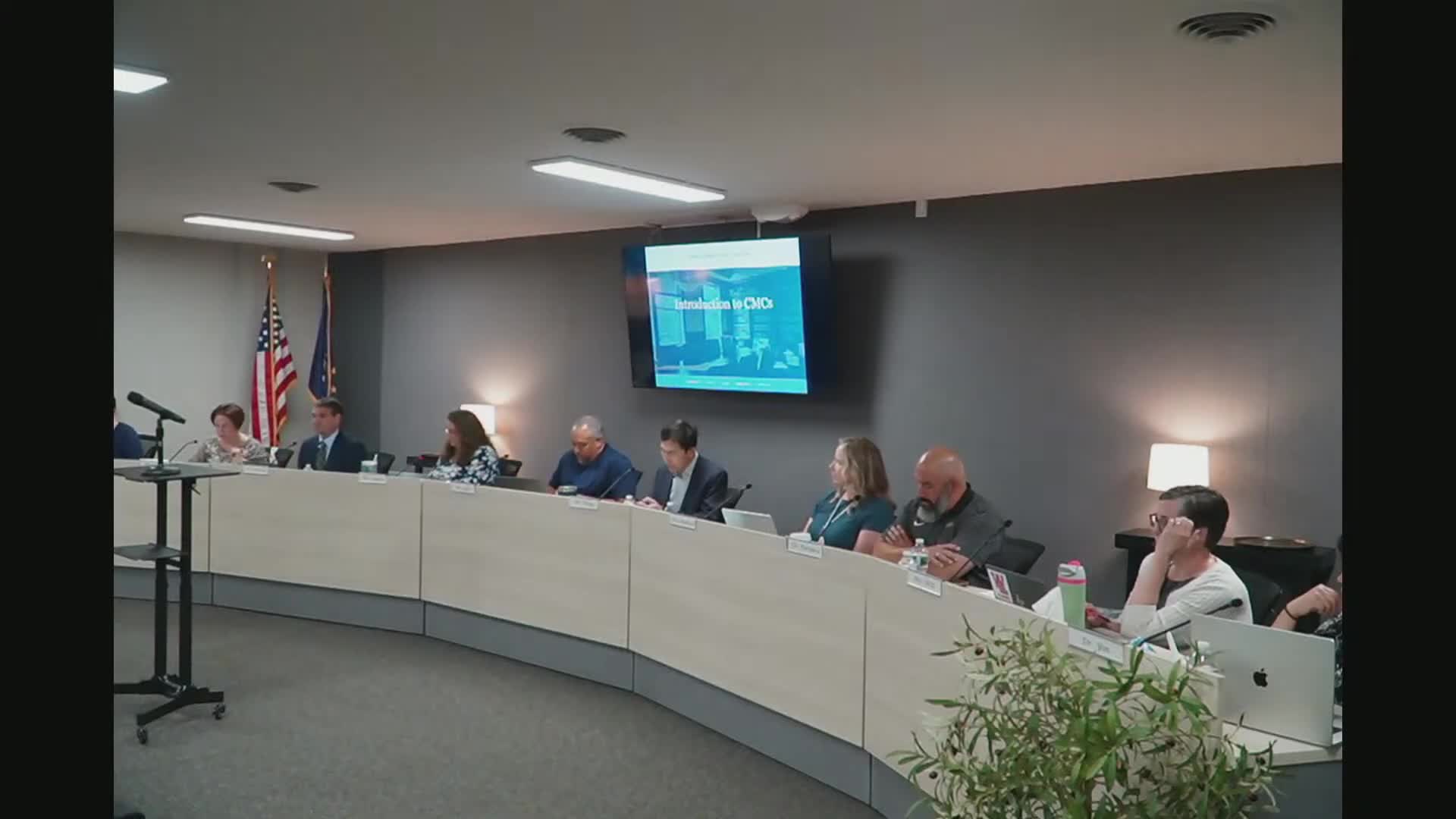
Attorney explains construction‑manager‑as‑contractor (CMC) procurement; board hears advantages and tradeoffs
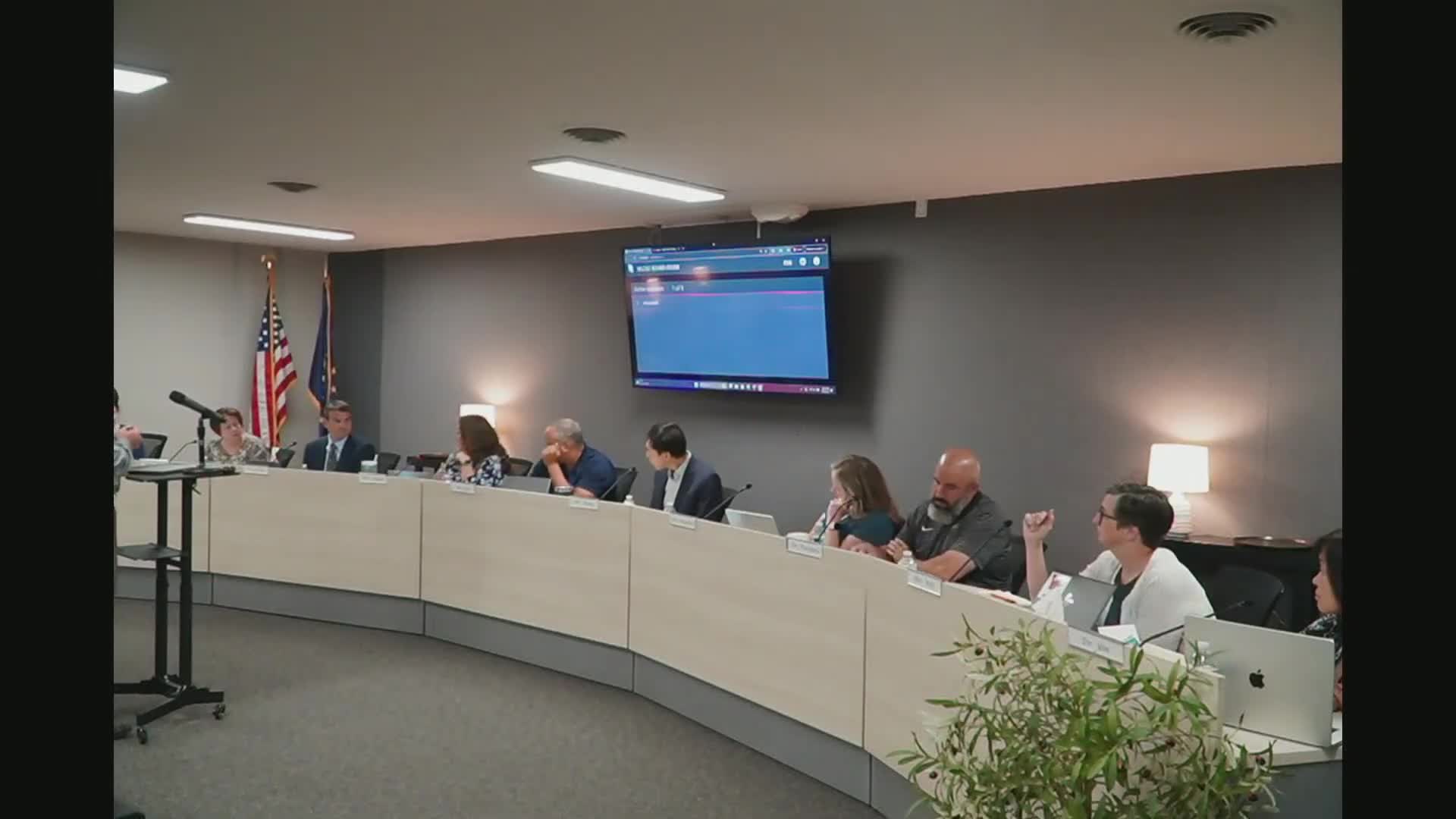
Board pauses partial demolition at Happy Hollow and asks for community input on long‑term uses
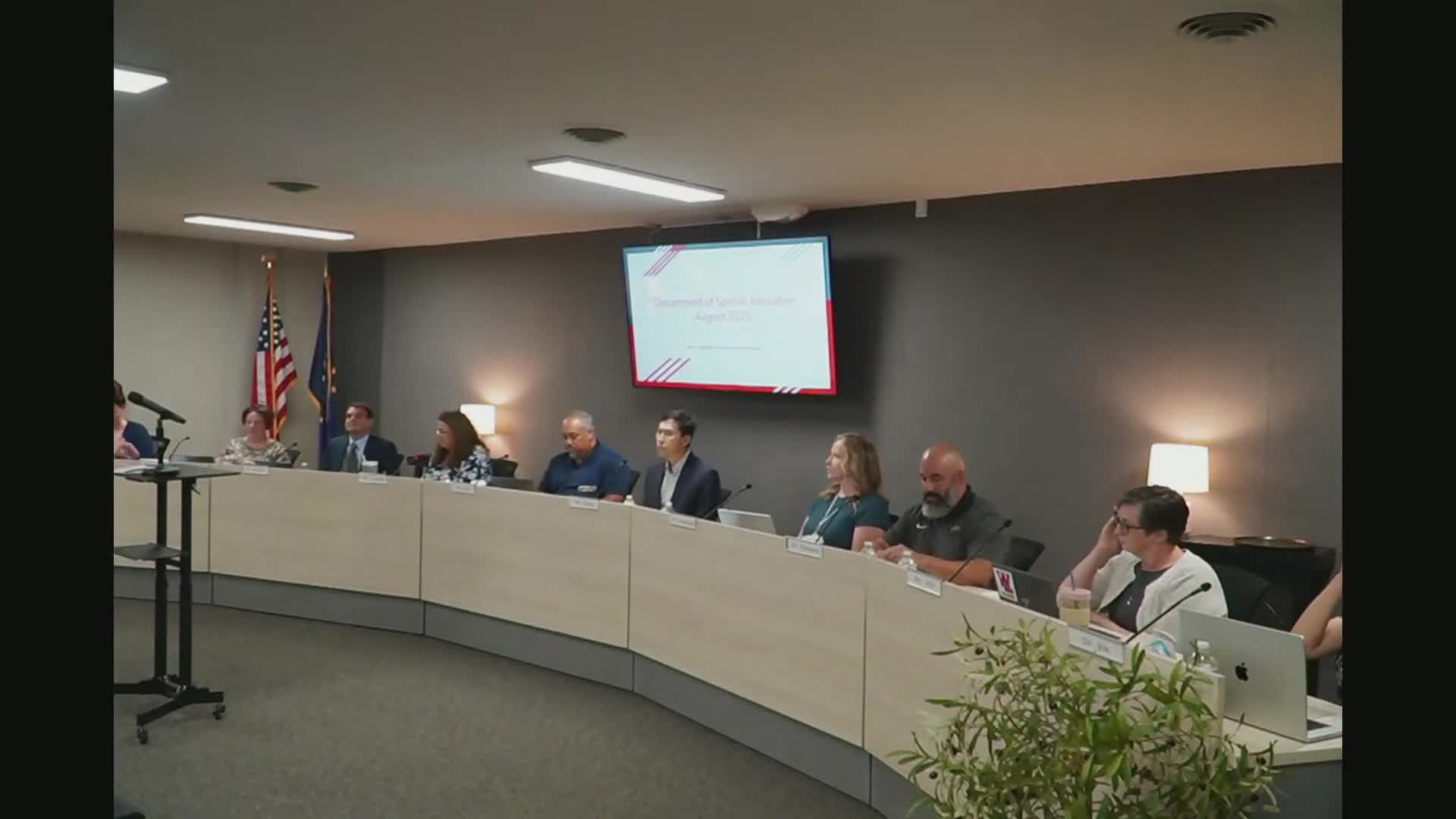
Special education director reports staffing filled, new programs and community parent study group planned
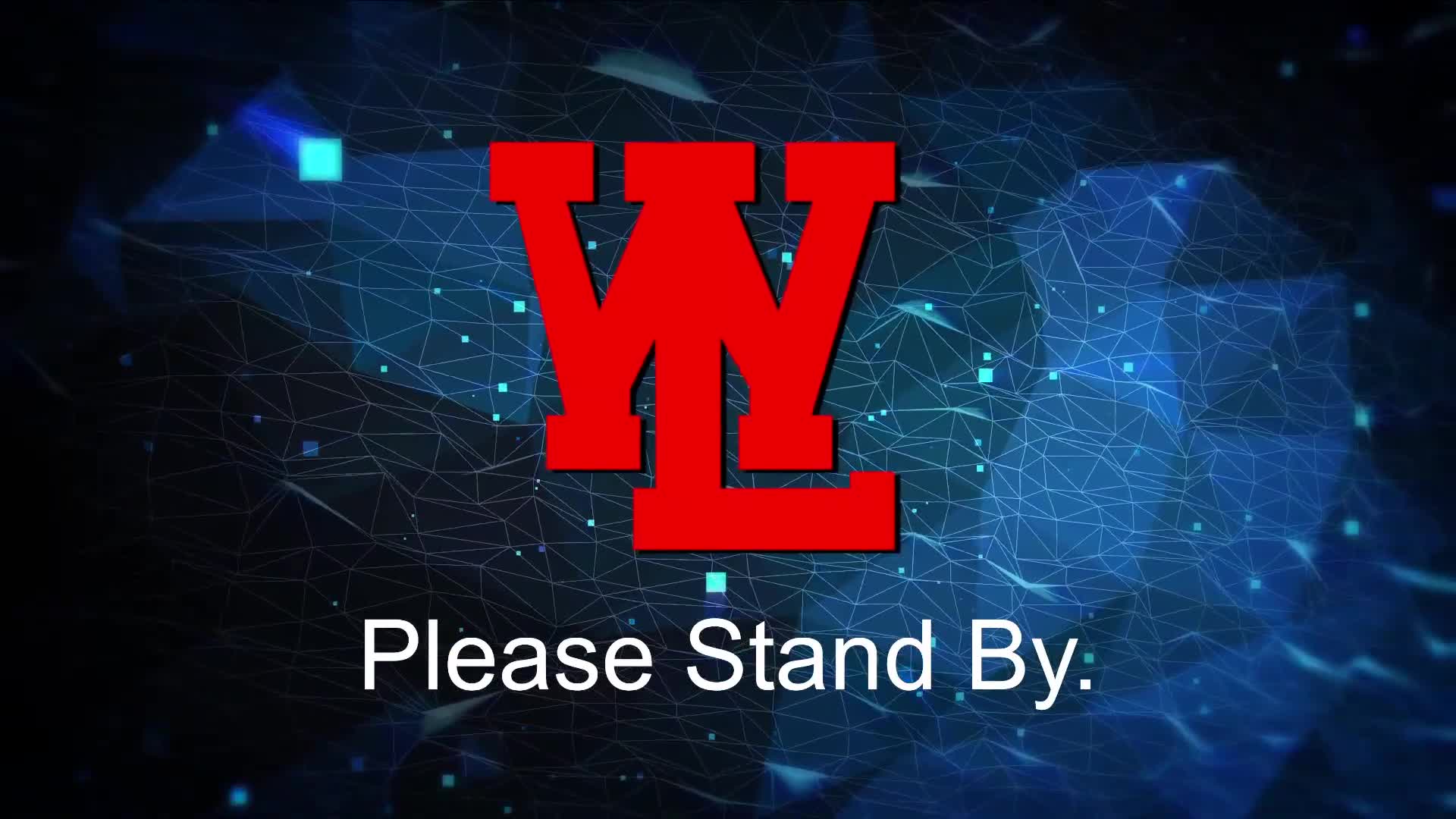
Policy analytics: Senate Bill 1 shrinks assessed value, could cut district referendum revenue by hundreds of thousands annually
